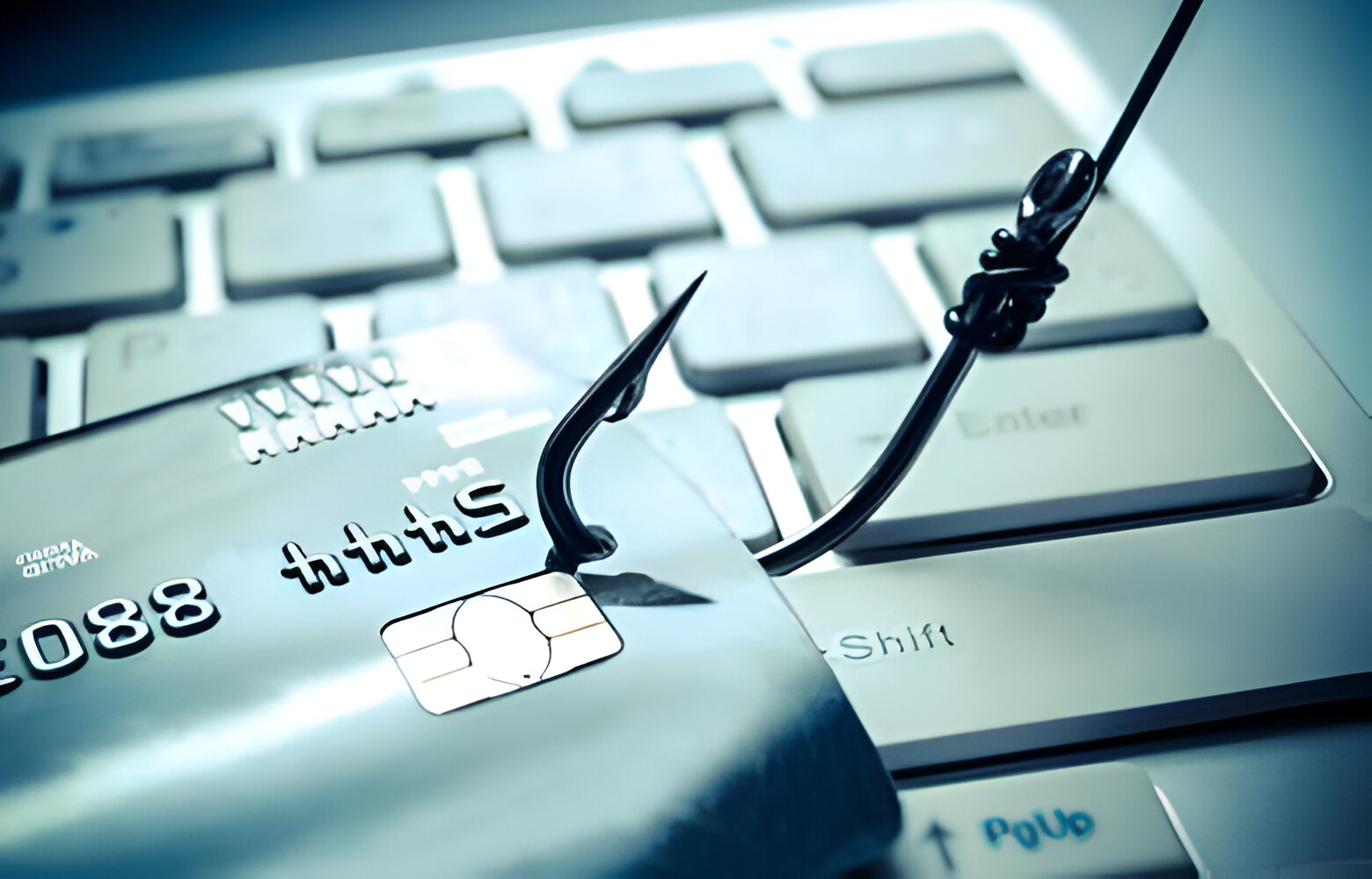Digital Forensics and Data Privacy
Digital Forensics: Digital forensics, also known as cyber forensics, is the field of investigation that focuses on collecting, analyzing, and preserving digital evidence from various electronic devices and systems. It aims to uncover information related to cybercrimes, security breaches, or other illicit activities. Digital forensic experts use specialized tools and techniques to examine data from computers, mobile devices, networks, and storage media.
Data Privacy: Data privacy refers to the protection of individuals’ personal information and their right to control how their data is collected, processed, and shared. It encompasses legal, ethical, and technical measures to safeguard sensitive data from unauthorized access, misuse, or disclosure. Ensuring data privacy is essential in an increasingly interconnected digital world to maintain trust and respect individuals’ rights to privacy.
Discussing the impact of data privacy regulations (e.g., GDPR, CCPA) on digital forensics practices and strategies for ensuring compliance
Data privacy regulations such as the General Data Protection Regulation (GDPR) in the European Union and the California Consumer Privacy Act (CCPA) have significantly impacted digital forensics practices. These regulations prioritize the protection of individuals’ personal data and impose strict requirements on how organizations collect, store, and process such data. Consequently, digital forensics professionals must adapt their practices to ensure compliance with these regulations while still effectively conducting investigations.
Consent and Data Collection: GDPR and CCPA require organizations to obtain explicit consent from individuals before collecting their personal data. This affects digital forensics investigations, as forensic analysts may need to obtain consent or demonstrate a lawful basis for accessing and analyzing digital evidence. Investigators must ensure that their actions comply with the principles of necessity and proportionality, only collecting and analyzing data that is directly relevant to the investigation.
Data Minimization: Both GDPR and CCPA emphasize the principle of data minimization, requiring organizations to limit the collection and retention of personal data to what is necessary for the stated purpose. In digital forensics, this means that investigators should only extract and analyze data that is directly relevant to the investigation, avoiding the collection of excessive or unrelated information. Forensic tools and techniques should be used judiciously to minimize the intrusion into individuals’ privacy.
Data Security: GDPR mandates that organizations implement appropriate technical and organizational measures to ensure the security of personal data. This requirement extends to digital forensics practices, where investigators must safeguard the integrity and confidentiality of the data they collect and analyze. Secure storage, transmission, and disposal of forensic data are essential to prevent unauthorized access or disclosure.
Data Subject Rights: GDPR and CCPA grant individuals certain rights over their personal data, including the right to access, rectify, and erase their data. Digital forensic practitioners may encounter requests from data subjects to exercise these rights in relation to the data collected during an investigation. Investigators must be prepared to respond to such requests promptly and appropriately, ensuring that individuals’ rights are respected.
Cross-Border Data Transfers: GDPR imposes restrictions on the transfer of personal data outside the European Economic Area (EEA) to countries that do not provide an adequate level of data protection. Digital forensic investigations involving cross-border data transfers must comply with these restrictions, ensuring that appropriate safeguards are in place to protect the privacy and security of the data during transit and at its destination.
Strategies for ensuring compliance with data privacy regulations in digital forensics include:
Adherence to Legal Requirements: Digital forensic practitioners must stay informed about relevant data privacy laws and regulations, ensuring that their practices align with legal requirements in the jurisdictions where they operate.
Consent and Authorization: Obtain explicit consent from data subjects or appropriate legal authorization before collecting, processing, or analyzing personal data during a forensic investigation.
Data Minimization: Limit the scope of data collection and analysis to what is strictly necessary for the investigation, avoiding the collection of irrelevant or excessive information.
Anonymization and Pseudonymization: Where possible, anonymize or pseudonymize personal data to protect the privacy of individuals involved in the investigation while still allowing for effective analysis.
Secure Data Handling: Implement robust security measures to protect the integrity and confidentiality of forensic data, including secure storage, transmission, and disposal practices.
Documentation and Accountability: Maintain detailed records of the data collected, processed, and analyzed during the investigation, including documentation of consent, authorization, and the legal basis for data processing activities.
Training and Awareness: Provide training to forensic practitioners on data privacy regulations and best practices for ensuring compliance in digital forensics investigations.
In conclusion, the intersection of digital forensics and data privacy regulations presents a complex landscape for practitioners. Regulations such as GDPR and CCPA have imposed stringent requirements on how personal data is handled, impacting every stage of the forensic investigation process. To ensure compliance, forensic professionals must navigate challenges such as obtaining consent, minimizing data collection, ensuring data security, and respecting individuals’ rights over their data. Strategies for compliance include staying abreast of legal requirements, obtaining appropriate authorization, minimizing data, implementing secure practices, and fostering awareness among practitioners. By adhering to these strategies, forensic investigators can effectively balance the imperative of uncovering digital evidence with the paramount importance of safeguarding individuals’ privacy rights in an increasingly interconnected digital environment.
Discover more from Amigo Cyber
Subscribe to get the latest posts sent to your email.
-
Previous Post
Incident Response and Digital Forensics
-
Next Post
Legal Aspects of Digital Forensics











